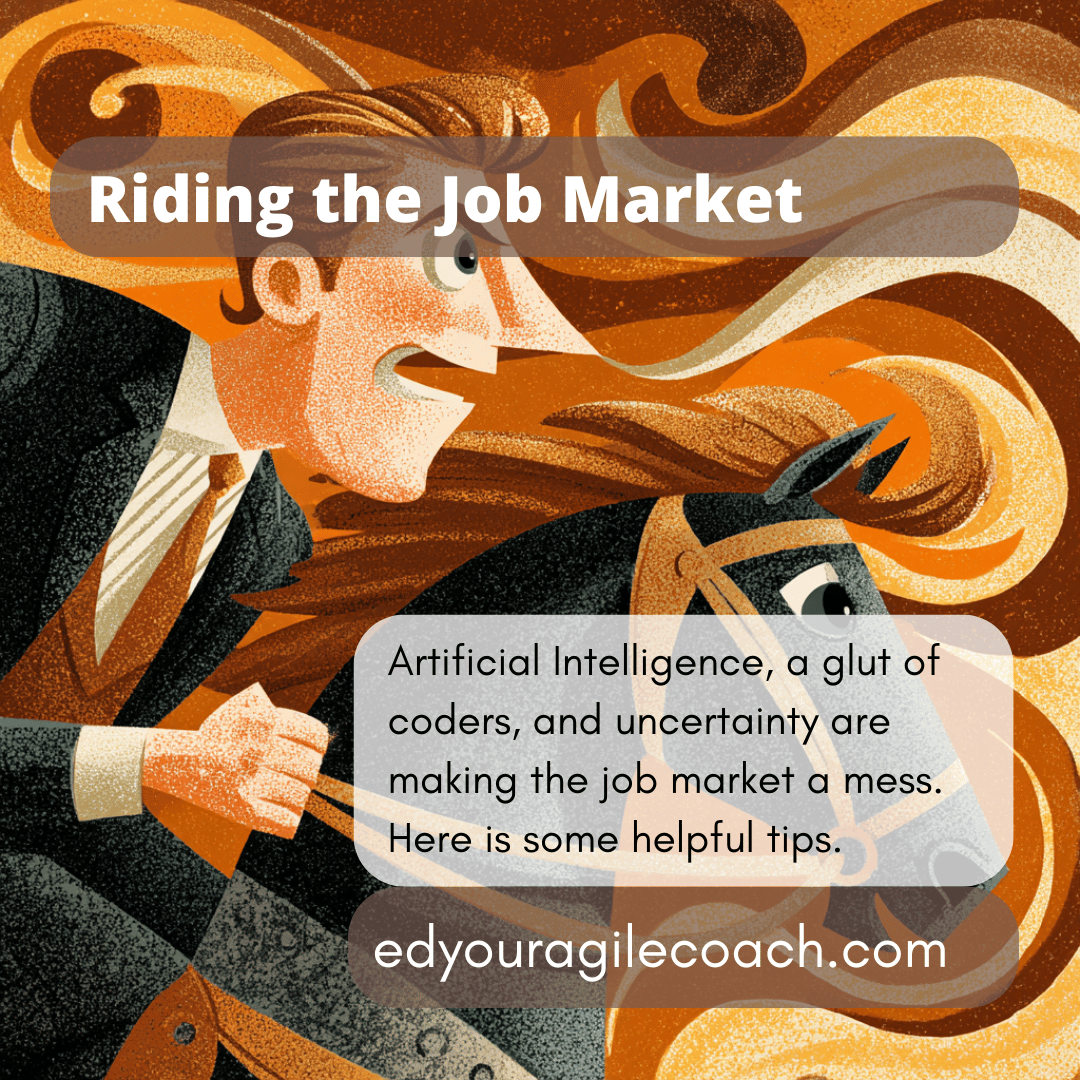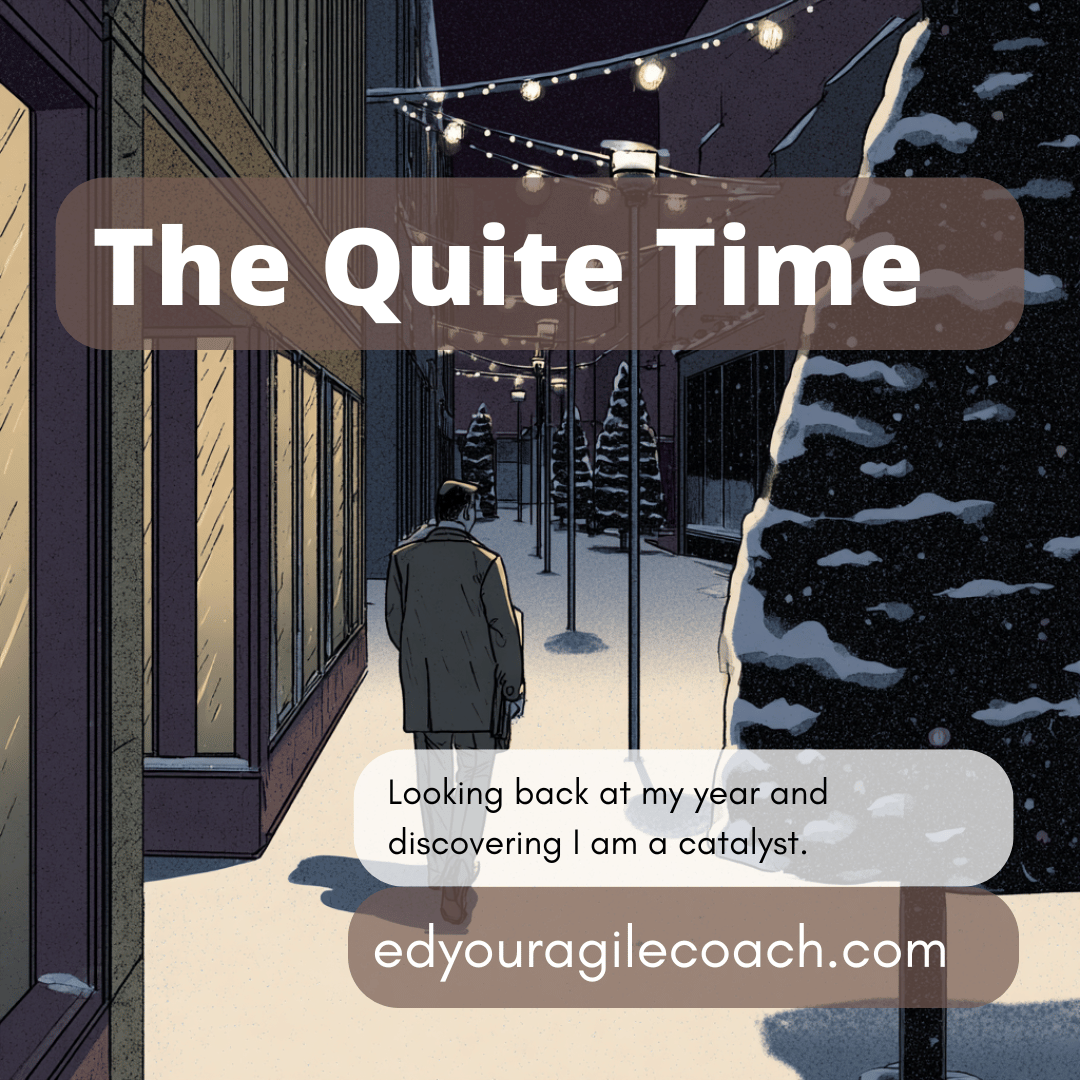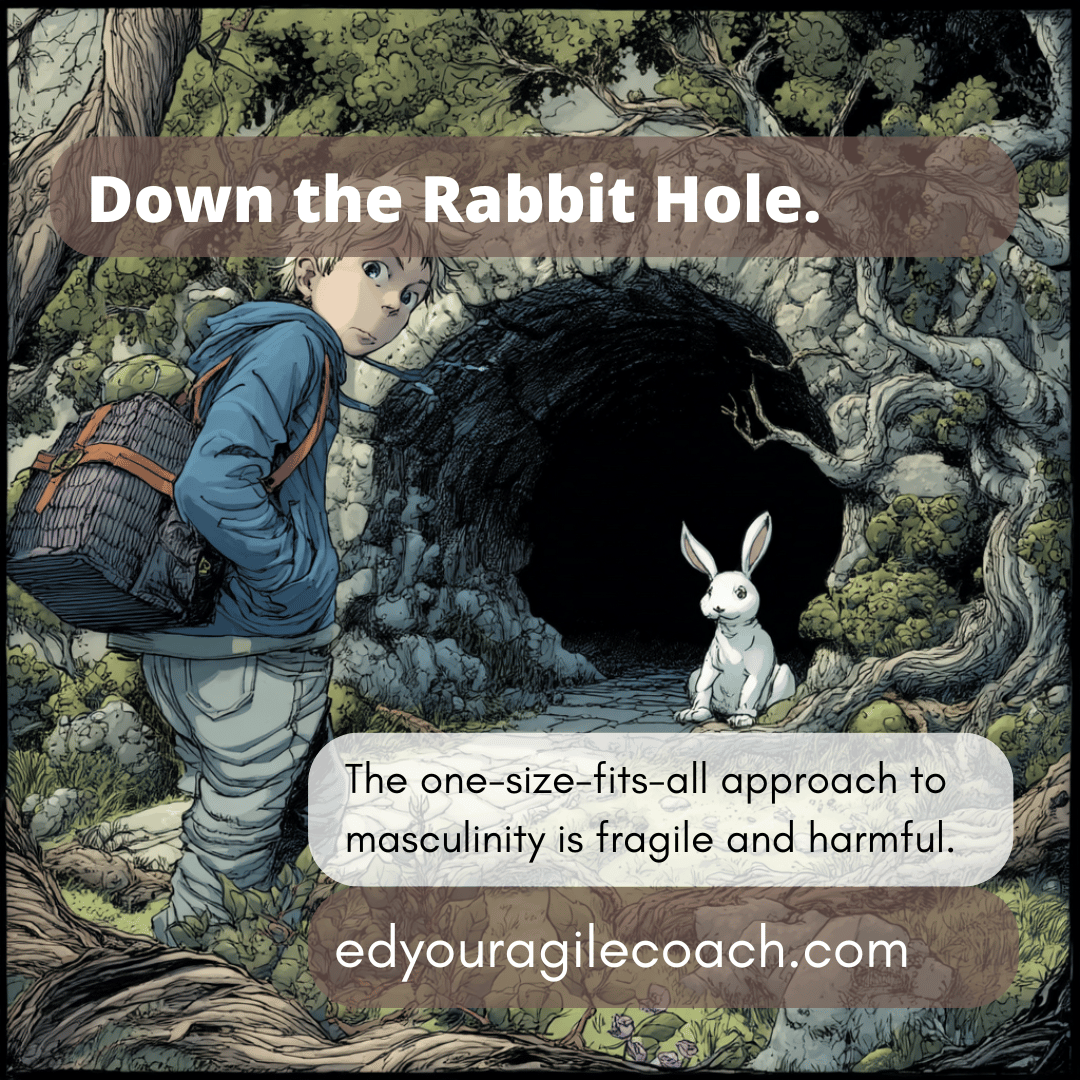How to Thrive in a Volatile Job Market.

I have spent most of my career working in the technology industry. The field is fun, exciting, constantly evolving, and well-compensated. It is also a business with little security and creates unhealthy levels of stress. Despite this contradiction, the market was friendly to technology professionals because, if you lost a job, you were often back to work within a month. Now, the glut of technology workers and the unintended consequences of the 'learn to code' movement have transformed that last benefit into a horrible liability. The technology market appears broken, and technology workers face an unemployment rate higher than the national average. Finally, artificial intelligence is taking a more prominent role in white-collar work. How is a person supposed to get ahead as a professional in a job market like this?
Last year, I found myself at the end of a ninety-day contract with a big technology client. I learned a great deal from the experience, but I also discovered that working for a technology giant didn't live up to its hype. At a large organization, they often treat consultants with contempt. Finally, budgets are tight, so when a project's funding runs out, you are out of work with no notice. I emerged from the experience wiser and with fewer illusions.
What followed was a frustrating experiment where I leveraged my network of recruiters, became exceedingly online, and took courses to improve my credentials. I was out of work from July to November, waiting by the phone. Each day was an exercise in humility, as I took calls from recruiters offering roles at rates sometimes 50% below market rate and applied to jobs endlessly. The conversion rate was staggeringly low, with 20 to 30 applications yielding a screening interview. Often, the interview process requires three or four rounds of interviews, with any step in the process leading to ghosting, where the employer stops communicating for no reason. It resembled a merry-go-round of futility spinning so fast that it was impossible to escape.
The music then stopped, and a recruiter from South Africa contacted me for a role just down the road from my home: market rates and three days a week in the office. I leaped at the opportunity. My job search ended after four months of futility as if I had just received a winning lottery ticket. If you talk to plenty of people, they will say that is what the job market feels like: a quest to find a golden ticket back to prosperity.
I consider my experiences typical, and three key factors can summarize them. The first is that with more technology professionals in the market, employers can afford to be choosy. Next, artificial intelligence tools can make it easy to vet and create job applications without any human discernment. Ultimately, employers' uncertainty makes it more challenging for them to make informed hiring decisions.
I entered the technology amid the giddy and stupid days of the first Dot-Com bubble. I had dreams of working for the next Netscape. In truth, I traded my dead-end career in the casino business for a life as a coder, helping organizations get online. The next ten years would be an apprenticeship that would eventually lead to a career in the world of agile. During the Dot-Com bubble, if you knew the basics of coding, people were going to hire you. The demand was that great.
Flash forward thirty years, and the demand remains, but the supply is now completely skewed. According to PolyMater, the number of computer science graduates has mushroomed by over 1000%. The fundamental laws of supply and demand say that the pool of talent is more diverse and it is cheaper to employ. Over my career, I have compared being a software developer to being a musician. Anyone can learn to play the notes, but it takes talent and practice to develop what musicians call chops. Becoming a software developer is similar to being a musician, with plenty of auditions and insecurity to match.
Artificial intelligence also plays a significant role in the merry-go-round. Thousands of applicants submit resumes into massive databases; only ten to fifteen ideal candidates survive the filtering process for human review. To combat this situation, job seekers are using AI to tailor resumes and conduct mass submissions. Soon, looking for work becomes a sad numbers game. More job postings are receiving more responses, and thanks to Artificial Intelligence, these candidates are looking more similar because they are learning to mirror job requirements in their resumes.
Finally, uncertainty grips the job market. The combination of tariffs and political instability is creating chaos within the business community. When times are uncertain, businesspeople tend to hoard cash and exercise control. Positions remain unfilled, and those that do get filled require advanced skills, a complete cultural fit, and a lower market rate than a typical employee would receive. A bad hire is expensive for a business, so many business leaders have decided to leave positions unfilled rather than risk hiring the wrong person.
From the perspective of a job seeker, this is frustrating, but it is not entirely hopeless. Job programs are looking for people to train, and the PMI Institute made a bet on me, so now I bridge the gap between Agile and traditional project management techniques. In addition to working on Artificial intelligence projects, I am educating myself with AI tools. I use Midjourney for most of my artwork, leverage Google Gemin for writing suggestions, Grammarly to help with my spelling and syntax, and finally, Microsoft CoPilot is becoming a helpful tool for workflows. The approach does not make me resistant to layoffs, but it should make me a better candidate when I am looking for work.
Technology has become increasingly complex over the last five years. Still, if we can keep our skills up to date and leverage the growing need for Artificial Intelligence skills, you can survive on the crazy merry-go-round of employment.
Until next time.




Comments ()